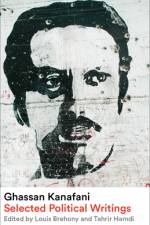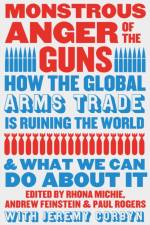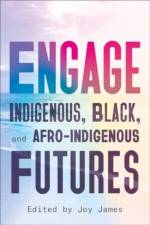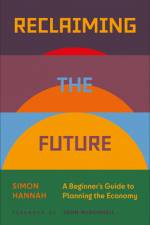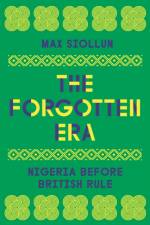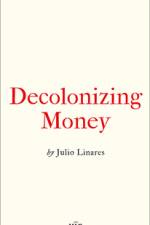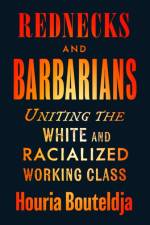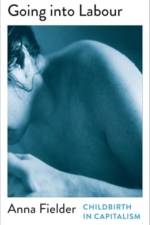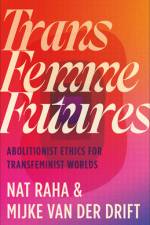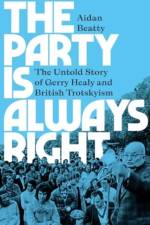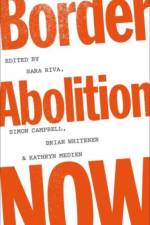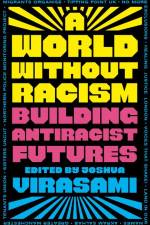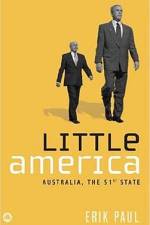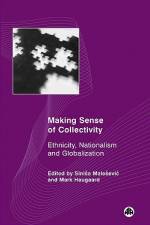av Sela Adjei
339,-
'Eloquent and powerful ... an invaluable collection of forgotten histories. The authors show that colonial conquest was not only about erasing, expropriating, dispossessing, extracting, exploiting, but also looting and trafficking. They make the case for unconditional restitutions and returns' Françoise Vergès, author of A Programme of Absolute Disorder: Decolonizing the Museum'Brings much-needed diversity to a debate that has for too long focused on a very few cases mainly seen from a European perspective. A great introduction to the history behind the restitution process' Felicity Bodenstein, Lecturer, Sorbonne Université'By focusing on colonial violence, this book not only reminds us of the nature of colonialism itself, but also of the unabated necessity to continue scrutinising museum collections and work towards restitution' Larissa Förster, Department of European Ethnology, Humboldt-Universität zu BerlinDebates around restitution and decolonising museums continue to rage across the world. Artefacts, effigies and ancestral remains are finally being accurately contextualised and repatriated to their homelands.Fifteen Colonial Thefts amplifies and adds to these discussions, exploring the history of colonial violence in Africa through the prism of fifteen African belongings - all looted at the height of the imperial era and brought to Western museums.Each chapter is accompanied by an original illustration, commissioned especially for the book, from both established and emerging African artists, bringing these stories to life for the reader. With contributors from across the continents of Europe and Africa, including scientists, museum professionals, artists and activists, the book illuminates the collective trauma and loss of cultural, historical and spiritual knowledge that colonial theft engendered.Sela K. Adjei is a multidisciplinary artist and researcher. He is a lecturer at the University of Media, Arts and Communication, Institute of Film and Television, Accra, Ghana.Yann LeGall is a postdoctoral researcher on the project 'The Restitution of Knowledge: Artefacts as Archives in the (Post) Colonial Museum' at the Technical University in Berlin. As a member of the initiatives Berlin Postkolonial and Postcolonial Potsdam, he leads guided tours on colonial history in both cities.The book includes a foreword by Peju Layiwola, an art historian and visual artist from Nigeria. She is Professor of Art and Art History at the University of Lagos. Her works can be found in Yemisi Shyllon Museum, Lagos, and in the homes of many private collectors. Her maternal grandfather was Oba Akenzua II, King of Benin, who ruled from 1933 until 1978. Layiwola has led public advocacy for the return of art works stolen from Benin during the Punitive Expedition of 1897.

